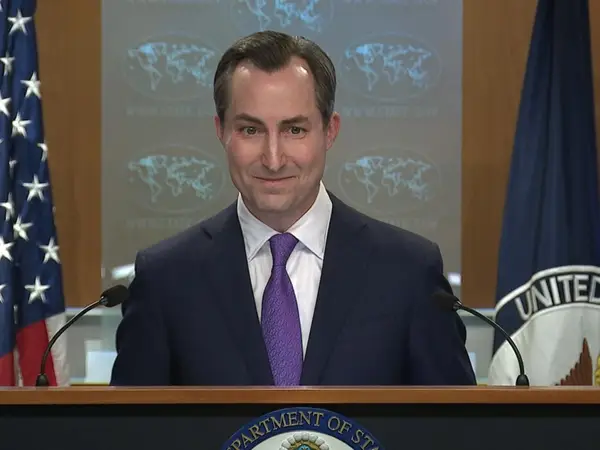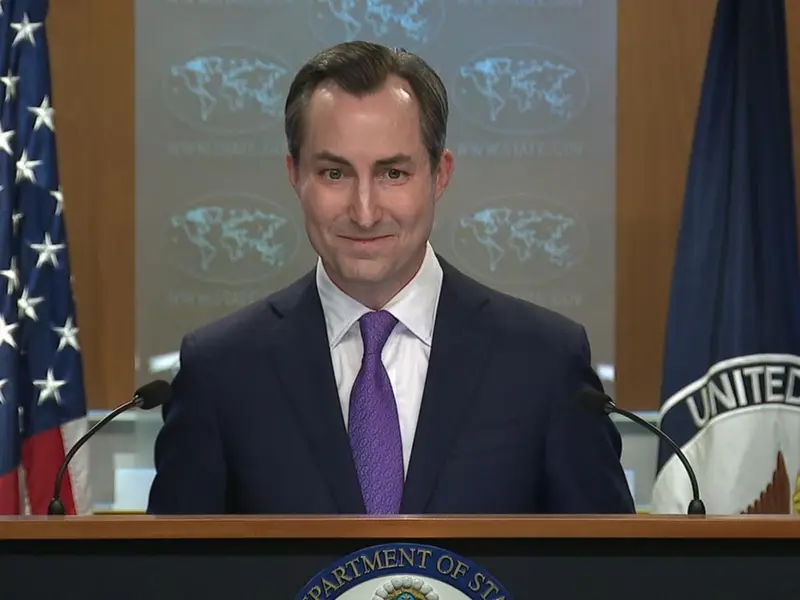US State Department spokesman Matthew Miller dismissed suggestions of US or Israeli involvement in Wednesday's deadly Iran blasts as "ridiculous".
He stressed that there is no credible reason to believe Israel played a role in the incident and conveyed condolences to the victims, cautioning against further escalation.
“We have no reason to believe that Israel was involved in this explosion,” he said.
In the aftermath of Iran's leaders vowing revenge, a senior administration official, in a subsequent briefing with reporters, noted that the attack exhibited similarities to previous actions by ISIS. No group has as yet claimed responsibility.
Iran is amidst a complex situation, facing potential adversaries that include exile groups, militant organizations, and state actors.
The blast unfolded in southern Iranian city of Kerman at the gravesite of former IRGC Quds Force Commander Qassem Soleimani on Wednesday, claiming the lives of at least 95 people and injuring more on the fourth anniversary of his US drone strike killing. The event occurred following a suspected Israeli attack in Lebanon, resulting in the death of Saleh al-Arouri, the deputy political leader of the Palestinian designated terror group Hamas.
While Israel has undertaken operations in Iran related to its nuclear program, they have typically involved targeted assassinations and targeted military and nuclear infrastructure. Large-scale attacks resulting in civilian casualties in Shiite-majority Iran have been historically attributed to Sunni extremist groups, such as the Islamic State group, although not specifically in relatively peaceful regions like Kerman.

